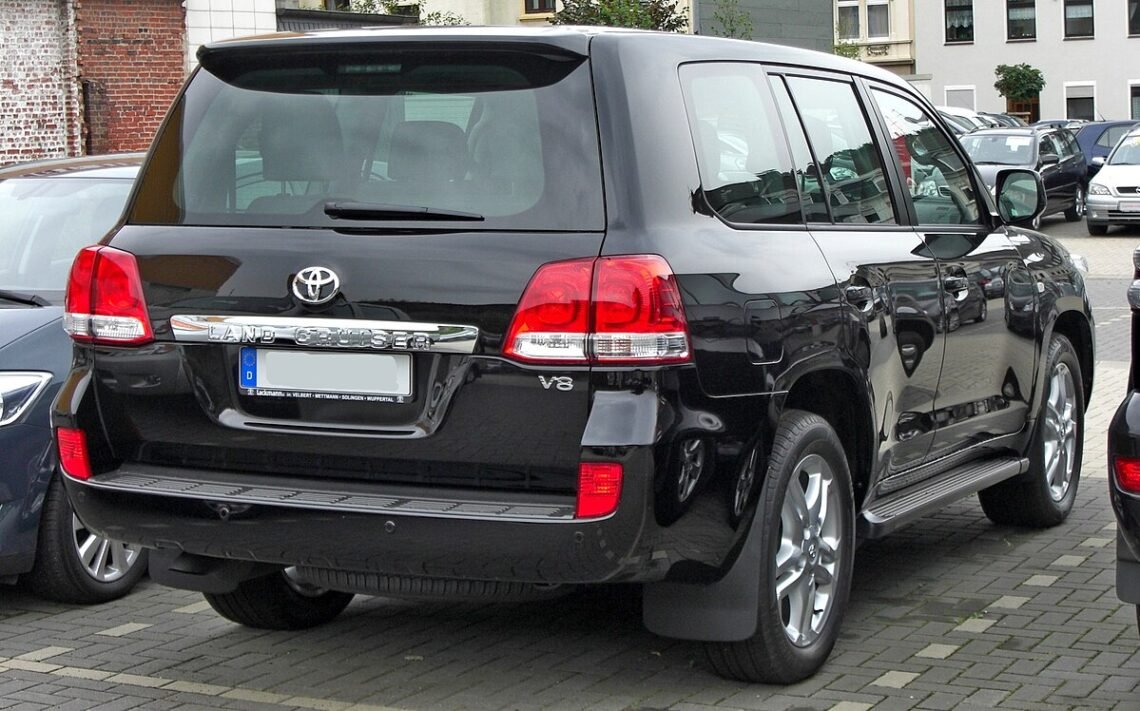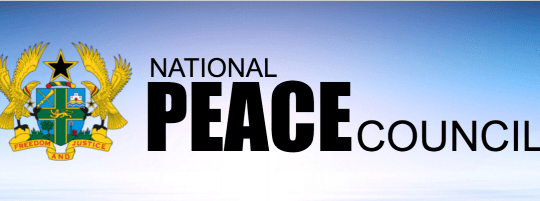Introduction
For the common good of society, human development and wellbeing, political institutions and structures are established to create opportunities for the citizenry to context elections to be employed as presidents, members of parliaments, ministers of states and district executives. The cardinal purpose of creating this political architecture is to serve humanity as trustees of power and authority. However, despite its imperfections, political institutions remain the common vehicle through which the aspirations, hopes, socio-economic and cultural needs of communities are promoted and governed. Although down the centuries, politicians and political institutions have been plagued by crises such as- power struggles, financial corruption and illegal overthrown of legitimate governments- yet the consensus in both developed and developing countries is that politicians should assume power as selfless servants committed to promoting their constituents wellbeing rather than seeking their personal interests and expediencies. Against that backdrop, this blogpost examines the role of the Ghanaian politician, their worth and that of other politicians across the African continent especially Nigeria.
The Role of a Ghanaian Politician
Primarily, the politician is a chief servant of his constituency with a simple mandate to lead, work and represent the people towards realising their socio-economic and political aspirations` in the space of nation building. As stated in the introductory section of this blogpost, the rationale of a politician contesting an election is akin to a job interview, where he makes his case in the form of a manifesto to the constituency, canvass for their vote; and in turn, the constituency subject him to series of questioning to determine the competency, suitability and worthiness of his candidature prior to voting him into office. It must be stated for this blogpost that the use of “he” represents both male and female politicians and the choice of “he” is to achieve convenience in writing rather than promoting one gender over the other. However, in a recent campaign activity in Accra, the capital of Ghana, an aspiring politician was seen on social media helping a lady to wash her clothes. Whilst several criticisms have been peddled against the politician as an opportunist, this blogpost is of the view that, a politician’s single objective is service to humanity and the common good of his constituency. On that premise, if the aspiring politician did help the lady to wash her cloths as a precursor to the committed and devoted service he will offer them on assumption of power, then all the better . Furthermore, the ultimate function of the Ghanaian politician and other politicians across the African continent is to champion legislations, policies and regulations, including lobbying and initiation of projects to enhance the socio-economic, cultural and political developments of their peoples. Unfortunately, entering politics in Ghana today has become so attractive to many people because it provides them with swift access to own a V8 vehicle and possibly a house in the posh areas of Transaco. That sums up the worth of the Ghanaian politician currently.
V8:The Worth of the Ghanaian Politician
Driven by insatiable greed, “demonic” avarice, coupled endemic corruption manifesting in ostentation among senior ministers of government, including presidents present and past, the Ghanaian politician sees politics as a conduit of self-enriching opportunity which must be earned by every means-fair or foul. Thus, rather than working to secure the wellbeing of his constituency, he is fixated on himself in collaboration with colleagues to secure a V8 vehicle and apartment at Transaco. Simply, a V8 is a vehicle which has eight cylinders, designed as two rows of four and often comes in trucks, large SUVs, and sports cars. In the case of the Ghanaian politician, V8 in Toyota Landcruiser is a preferred choice; whilst Transaco is a luxurious apartment buildings located in the capital city of Accra, purported to have been owned by the mega-rich in that society. Without any malicious intent, one wonders how any reasonable person would enjoy such a vehicle and apartment in an economy/country where the city floods as streams during the rainy seasons and majority of the road networks are littered with craters as potholes; and the entire country is in perpetual lights-outs (power-outages), a phenomenon known in local parlance as “Dum Sor”. Sadly, the misery charcterising Ghana’s socio-economic status mirrors the calibre of its politicians whose worth is tied to owning a V8 and apartments at Transaco.
Furthermore, the worthless status of the Ghanaian politician is inextricably linked to his counterparts in Nigeria. As the largest population and one of the richest oil states in Africa, the Nigeran politician is consumed with irresistible urge to secure material things at the expense of his constituency; and would divest state funds to promote his self-interests projects, leaving the people on whose authority he assumed office to wallop in abject poverty. Remarkably, three young Nigerian representatives from the northern states of the country were reported to have rejected V8 vehicles allocated to them and pleaded for the money to be given to them to support socio-economic ventures in their respective constituencies. Although the government denied their plea, it must be stated that such altruism breeds hope and inspires confidence worth emulating in the Ghanaian political space and Africa in general. As a region endowed with so many mineral and forest resources never seen in most European states, it is shocking that at the turn of the twenty-first century, the citizens of Ghana, Nigeria and by extension the continent, largely depends on foreign expertise for basic domestic needs – cooking oil, sugar, rice, fish, meat and clothing among others. Perhaps that is the price we pay for politicians whose preoccupation and worth are tied to V8 and Transaco apartments.
The Way forward
Notwithstanding the fact that majority of the politicians are V8 and Transaco oriented, the remedy lies in energising the youth whose future is being toyed with. This requires active participation and engagement of the Ghanaian and Nigerian youths in political matters. That also means the youth should read widely to sharpen their knowledge in political, social, economic and cultural issues in order to become savvy in contributing to debates as well as challenge governmental policies which are inimical to their prosperity. By reading, one needs no university degree to peruse and understand government documents and policies. Also, the youths need to be disciplined not to be swayed by feeble sloganeering that contains no substance. Furthermore. they should be receptive to diverse and credible viewpoints; and more importantly, debate among themselves on such policies with a view to supporting credible proposed alternatives. Lastly, several youths have contributed to shaping policies to promote socio-economic and political developments in domestic and international affairs across the globe as examples to motivate the African youth. Some examples are: Saana Marin, 38 years, Prime Minister of Finland, 2019-2023; Li Anderson, 37 years, Education Minister of Finland, 2019-2023; Riika Purra, 48 years, Finance Minister of Finland, 2019-2023; Dame Jacinda Kate Laurell Arden, 43 years, Prime Minister of New Zealand, 2017-2023; and, Maxwell Frost (DL- FL), 27 years, US Congressman, 2020 till present. The lesson is that, rather than being V8 oriented politicians, politicians in Ghana and Nigeria should see themselves as bridges and ladders connected to the elected executives through which the socio-economic interests of their peoples are protected.




